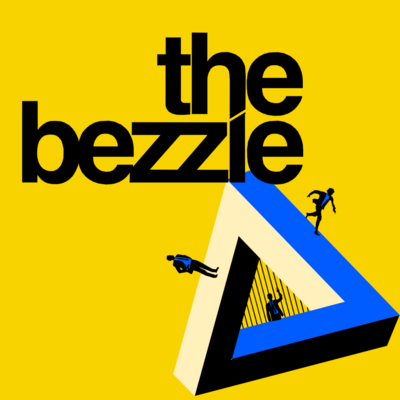We moved to America in 2015, in time for my kid to start third grade. Now she’s a year away from graduating high school (!) and I’ve had a front-row seat for the US K-12 system in a district rated as one of the best in the country. There were ups and downs, but high school has been a monster.
–
If you’d like an essay-formatted version of this thread to read or share, here’s a link to it on pluralistic.net, my surveillance-free, ad-free, tracker-free blog:
https://pluralistic.net/2024/01/16/flexibility-in-the-margins/#a-commons
1/


Scratch’s online version is basically a kid- (and teacher-)friendly version of Github. Find a project you like, make a copy in your own workspace, and then mod it to suit your own needs. The system keeps track of the lineage of different projects and makes it easy for Scratch users to find, adapt, and share their own projects. The wild popularity of this system tells us that this model for a managed digital commons for an educational audience is eminently achievable.
21/
So when students are being asked to study the rhythm of text by counting the numbers of words in the sentences of important speeches, they could supplement that very boring exercise by listening to and analyzing contemporary election speeches, or rap lyrics, or viral influencer videos. Different teachers could fork these units to swap in locally appropriate comparitors - and so could students!
22/
Students could be given extra credit for identifying additional materials that slot into existing curricular projects - Tiktok videos, new chart-topping songs, passages from hot YA novels. These, too, could go into the commons.
This would enlist students in developing and thinking critically about their curriculum, whereas today, these activities are often off-limits to students.
23/
For example, my kid’s math teachers don’t hand back their quizzes after they’re graded. The teachers only have one set of quizzes per unit, and letting the kids hold onto them would leak an answer-key for the next batch of test-takers.
I can’t imagine learning math this way. “You got three questions wrong but I won’t let you see them” is no way to help a student focus on the right areas to improve their understanding.
24/
But there’s no reason that math teachers in a commons built around the (unfortunately) rigid procession of concepts and testing couldn’t generate procedural quizzes, specified with a simple programming language. These tests could even be automatically graded, and produce classroom stats on which concepts the whole class is struggling with. Each quiz would be different, but cover the same ground.
25/
When I help my kid with her homework, we often find disorganized and scattered elements of this system - a teacher might post extensive notes on teaching a specific unit. A publisher might produce a classroom guide that connects a book to specific parts of the common core. But these are scattered across the web, and they aren’t keyed to the specific, standard components of common core and AP.
26/
This is a standardized system that’ss all costs, no benefit. It has no “architecture of participation” to let teachers, students, parents, practitioners and even commercial publishers collaborate to produce a commons that all may share and improve.
In an ideal world, we’d get rid of standardization in education, pay teachers well, give them additional time they needed to prepare exciting and relevant curriculum, and fund all our schools based on need, not parents’ income.
27/
But in the meanwhile, we could be making lemonade of out lemons. If we’re going to have standardization, we should at least have the collaboration standards enable.
28/
I’m Kickstarting the audiobook for The Bezzle, sequel to Red Team Blues, narrated by #WilWheaton! Pre-order the audiobook and ebook, DRM free, as well as the hardcover. There’s also bundles with Red Team Blues in ebook, audio or paperback:
http://thebezzle.org
eof/
@[email protected] I could not possibly agree more.
I am a teacher.
@[email protected] wait what